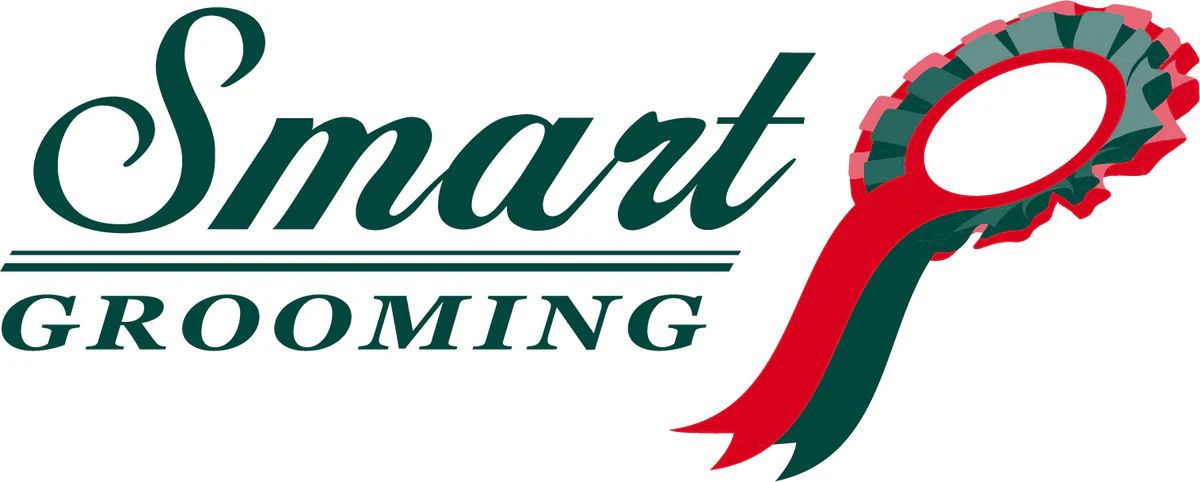- Join Us
- Login
- EEA ToolKit
- Employment Essentials
- Frequently asked
- Contracts and wages
- Time off work & absence
- Staff management & training
- Workplace disputes
- Dismissals and resignations
- Pregnancy and children
- Avoiding discrimination
- Redundancy and Retirement
- Other responsibilities
- Legal Helpline
- Recruitment
- Good Recruitment
- New starters
- Find a groom
- Good Employment
- Resources
- Downloads Library
- EEA Pension & Payroll
- Safe workplace
- Employers Minds
- Transporting horses
- Riding Establishment Licences
- Member discounts
- Business Hub
- Equestrian businesses
- The business plan
- Business compliance
- My clients
- Livery Contract Creator
- Financial matters
- Business challenges
- Marketing
- The EEA
- Employers Life
- Contact

NMW rates to rise from April 2026
27th November 2025
The recent UK Budget confirmed that from 1 April 2026, the statutory National Minumum Wage (NMW) will rise.
This change will have important implications for any yard that employs staff, from large livery yards to smaller single-person outfits.
Under the law, paying the NMW for every hour worked (including overtime) is not optional — it is a legal requirement.
| Age Range | Current NMW Rate | New NMW Rate (from Apr 26) | Increase in pence |
| National Living Wage (NLW) for workers aged 21 and over | £12.21 | £12.71 | 50p |
| 18–20-year-old | £10.00 | £10.85 | 85p |
| 16–17-year-old | £7.55 | £8.00 | 45p |
| Apprentice Rate | £7.55 | £8.00 | 45p |
This means that any employed staff — full-time or part-time or zero hours — must be paid at least these rates for every hour worked, including overtime.
In addition, employers must ensure that any deductions, for example:
- Accommodation
- Uniform
- Livery charges
- Coaching and training charges
- Pension schemes
do not push pay below the statutory minimum. It is advised that any livery/coaching/training charges are invoiced and the payment from the employee happens separately from the payroll.
The only deduction that can legally take your pay below the NMW is the accommodation offset. This is currently capped at £74.62 per week, but wll rise to £77.70 from April 2026.
We recognise that many yards are already under financial pressure. Rising costs for feed, fuel, maintenance and utilities, combined with ongoing cost-of-living pressures for clients, make these additional wage obligations a serious challenge.
But compliance with the minimum wage is non-negotiable — and failure to do so could lead to enforcement, fines, public naming, even prosecution.
The EEA team are here to help. We encourage all yard-owners and managers to carefully review their payrolls, and examine any deduction practices - it's often things like livery or teaching charges that catch employers out. Another common mistake is failing to pay a higher rate when an employee goes up an age bracket or failing to pay overtime.
At the same time, it's a good time to revisit your budgeting, livery rates or service charges to reflect the increased employment costs in a fair and transparent way.
The EEA is here to support equestrian employers
If you’re not yet using the EEA’s tools, now is the time to take action. Join today for an annual fee of just £49.50.
NEWS ARCHIVE
- 2026 (3 ENTRIES)
- 2025 (31 ENTRIES)
- 2024 (22 ENTRIES)
- 2023 (18 ENTRIES)
- 2022 (15 ENTRIES)
- 2021 (10 ENTRIES)
- 2020 (36 ENTRIES)
- 2019 (42 ENTRIES)
- 2018 (48 ENTRIES)
- 2017 (15 ENTRIES)














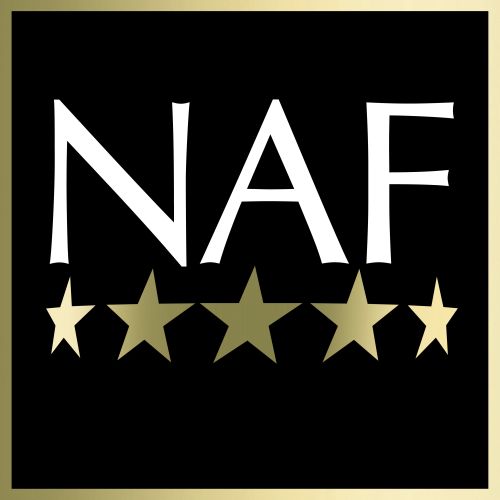


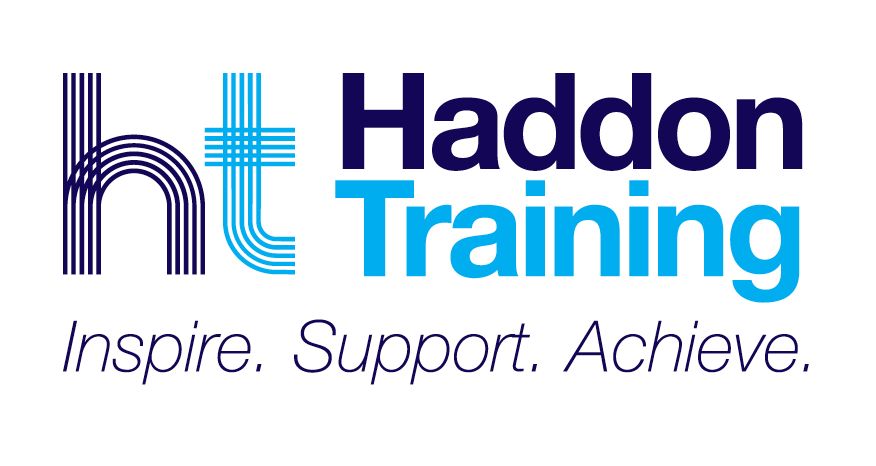
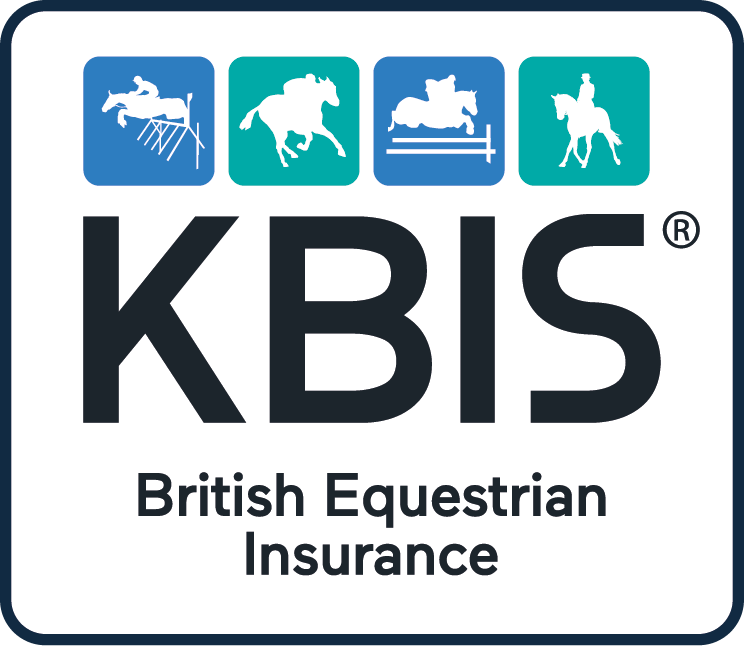
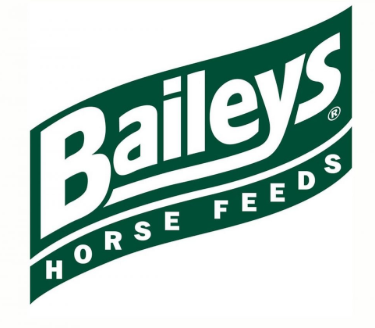
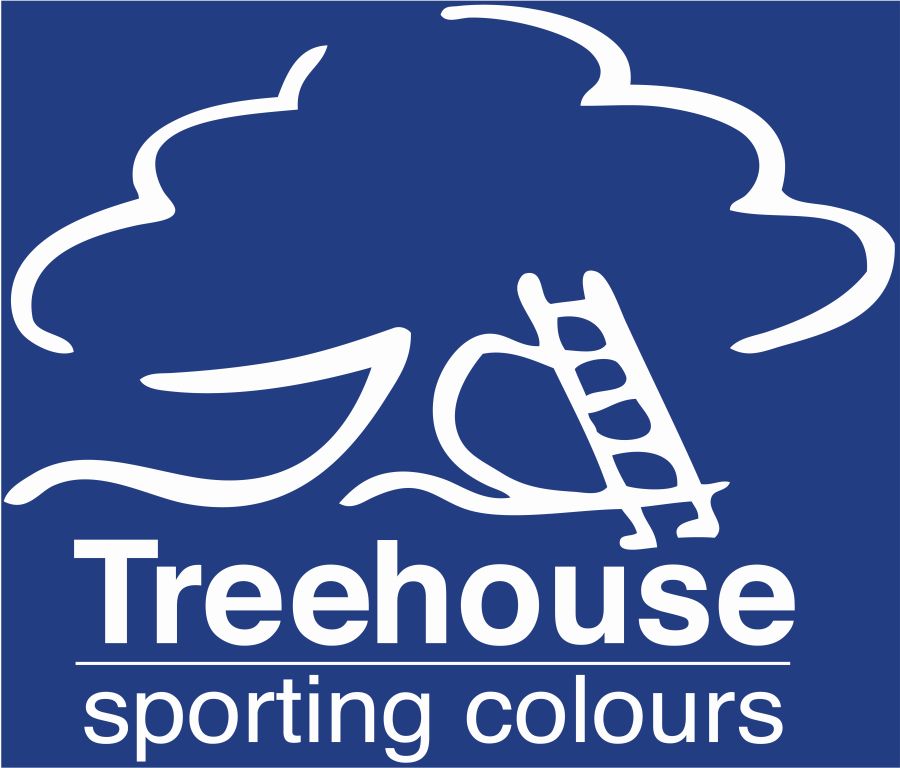

-Small.jpg)

